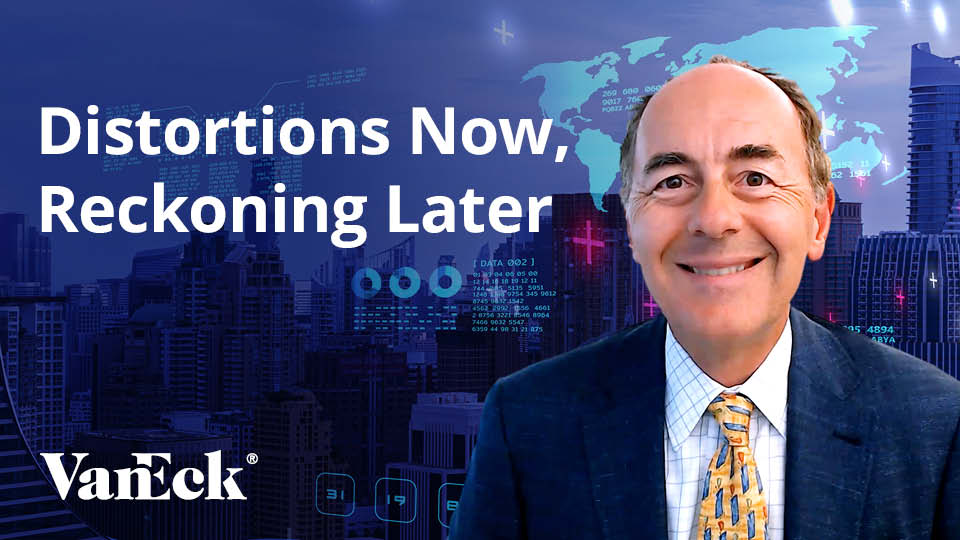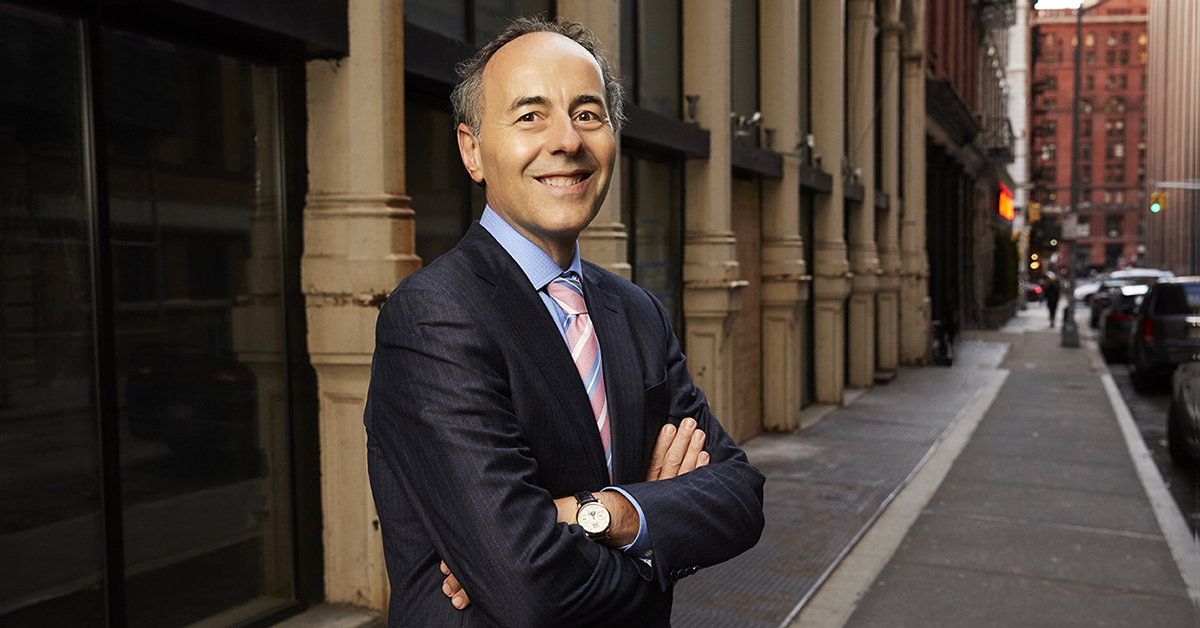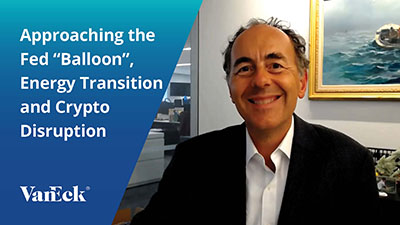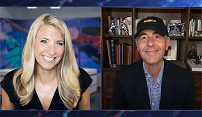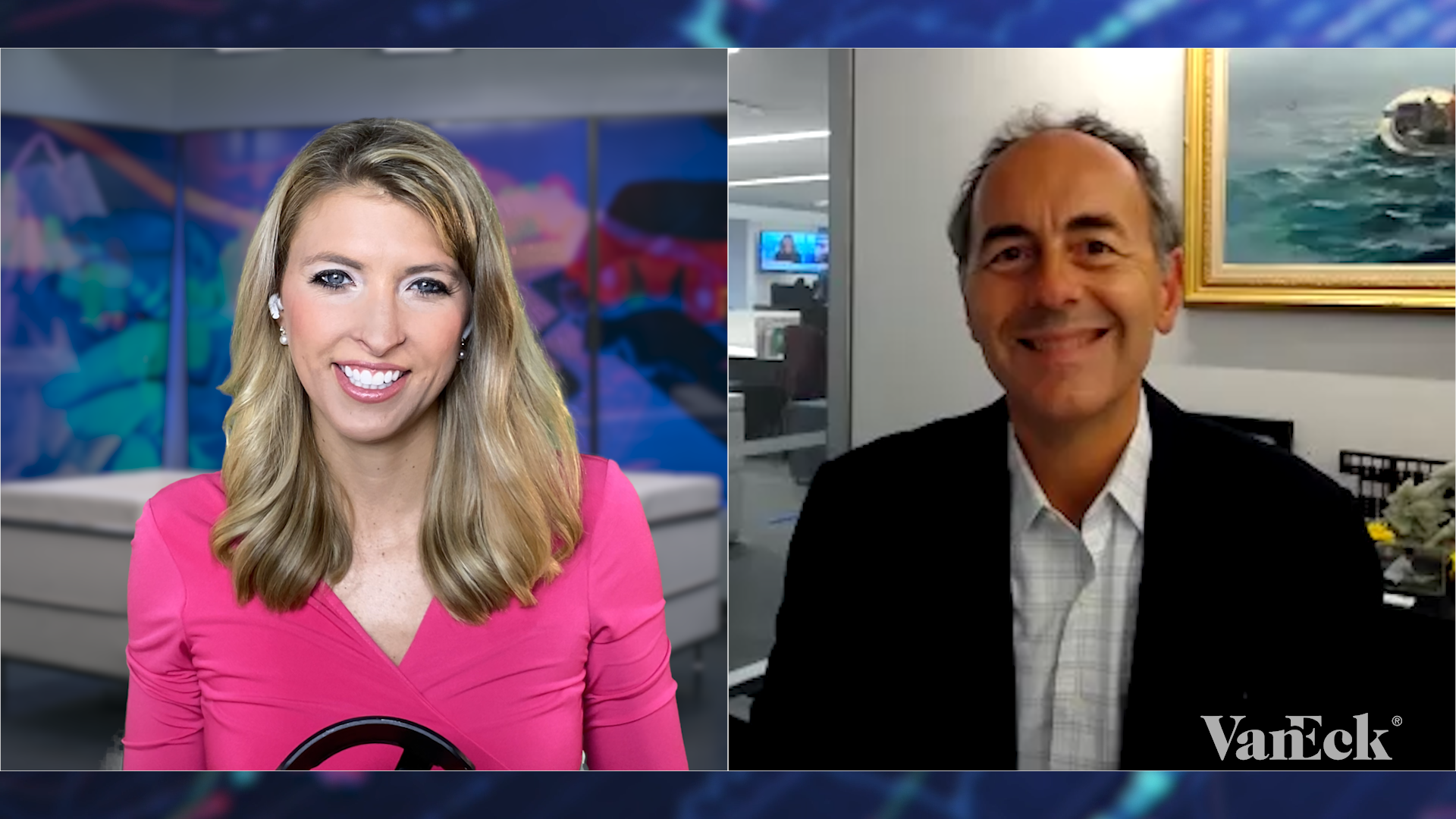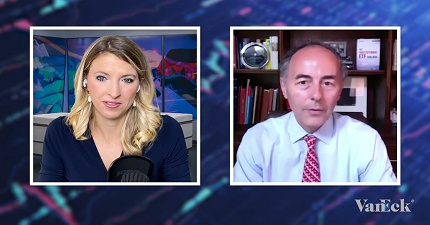Is There Enough Risk in Your Fixed Income Portfolio?
22 juillet 2019
Temps de Visionnage 6:31
REMY BLAIRE: Welcome to Asset TV. I'm here at the New York Stock Exchange and today I am joined by Jan van Eck, CEO of VanEck. Jan, great to have you here today.
JAN VAN ECK: Thanks for having me. Good to be here.
BLAIRE: Well, we're here at the end of H2 (sic) and we're about to head into the second half of this year. Now, a lot has happened in the broader equity market and we have some idea about what we might see in terms of central bank monetary policy here in the U.S., so why do you want to focus on fixed income at this point in time?
VAN ECK: Well, thanks for having me. I think first of all, equities have had a tremendous run, a great June. Year to date the S&P is up almost 19%. Over the last two years it's had a good run, given that earnings aren't really growing that much. So, if you're unhappy with your equity portfolio, you've got problems. And, so, I think that you should be looking at your fixed income bucket. I think the question is: with interest rates having fallen so dramatically in the last month or so, what should you do with fixed income? So that's really the question I want to focus on. The reason people are thinking about getting conservative in fixed income, which I don't agree with, is their concern that [a] lower interest rate means a global recession. And that means you don't want to go into high yield, or kind of more aggressive fixed income. And my message is: that’s wrong. My feeling is that people have been too conservative in their fixed income portfolios, kind of since the financial crisis. After the financial crisis, everyone got short term, got high quality and then the opportunity cost of the equities’ rise that they missed and fixed income, high yield returns were significant. So, I think the world's not collapsing. So make sure that you have enough risk, both credit risk and duration risk, in your fixed income portfolio.
BLAIRE: And Jan, you brought up a lot of important points. Indeed, we're seeing the run-up in equities, but at the same time we're seeing bond yields in Europe, as well as the U.S., near record lows or at record lows. And that's some interesting price action. But at the same time, we have to keep in mind all the fundamentals. So, what do you make of what we've seen and heard from the global central banks and what are the implications for fixed income?
VAN ECK: Well, my recurring theme is: the U.S. is important. I'm not diminishing that, but don't forget China. The Chinese government has been stimulating their economy since last summer. Their PMI [Purchasing Managers’ Index] just peaked positive, then it was a little bit (the manufacturing PMI) … was slightly under 50. So slightly contractionary the last reading. But the government's definitely pushing growth there. They are concerned about the trade wars themselves. So, my thesis here is: if China's okay, and I think they are okay, then we're not going to have a big global recession. You know, we definitely have a slowdown in Europe and other kinds of issues. But that's not a reason to get out of credit. So that is the reason: don't overly de-risk your fixed income portfolio. That's my kind of message now.
BLAIRE: And Jan, that naturally leads me to my next question. So, what should investors do right now when it comes to fixed income?
VAN ECK: Well, so look at where you can get yield. I think U.S. high yield is not bad. I think the short end of the curve, like in munis [municipal bonds] and in other areas, to me you're getting 1% or so. There's no value there. So, I would just get out of that entirely. You can even go to floating rate. We have a floating rate ETF. You can get to floating rates and get almost 3% yield, which is kind of an odd mispricing. So that collapse in yields, especially at the short end, I think is eliminated value. So, stay high yield, stay emerging markets—still gives you a nice yield. And then if you feel like you have to be super conservative, go with floating rate. That short end is just not super desirable.
BLAIRE: And it's also interesting when people talk about fixed income, we tend to forget that it is a pretty vast category. So, there are plenty of risks as well as opportunities. So, as we head into the rest of a 2019, what are you looking at?
VAN ECK: Well, I think the carry, just those higher interest rates, are going to be good enough. Because I think equities, as I said, are up 19% on the year, obviously after a tough fourth quarter. But earnings aren't growing that much. And the Fed [U.S. Federal Reserve] has already signaled that they're accommodative, which makes sense. The Fed doesn't typically tighten before a presidential election, regardless of who is in office. So, I'm not sure what the big positive, new surprise can be for equities. And that's why I'm saying: look at your fixed income and make sure that you can get some nice return out of that part of your portfolio.
BLAIRE: And Jan, last but not least before I let you go, we are in a late economy market and with what we're seeing in the broader equity market as a well as global fundamentals, I know you pay particular attention to China. There are alternative investments out there. So, what do you advise when it comes to investors looking to diversify?
VAN ECK: The big diversifier that we focus on is gold. And you asked before about Europe and the central bank. The huge amount, [$]12 trillion of negative yielding, fixed income instruments. Gold just broke out of a six-year technical top, so that looks very attractive. We think that gold rally could last for years, not just months. So that's in the alternative category, what I would look at. For fixed income, I don't think you have to go crazy to get that yield pickup. There’s a lot of ETFs; there’s business development companies; there's high yield; there's emerging markets, corporate dollar-based, so you don’t have to take the currency risk even. So, there are a lot of yield alternatives and look hard at them. That's my message.
BLAIRE: Okay, Jan, well, thank you so much for joining me and thanks for all of your insights today.
VAN ECK: Thanks Remy.
BLAIRE: I was joined by Jan van Eck, CEO of VanEck. Thanks for watching.
Related Insights
Related Insights
13 août 2024
06 août 2024
01 mai 2024
08 décembre 2023
13 août 2024
09 septembre 2021
08 mars 2021
27 novembre 2020
